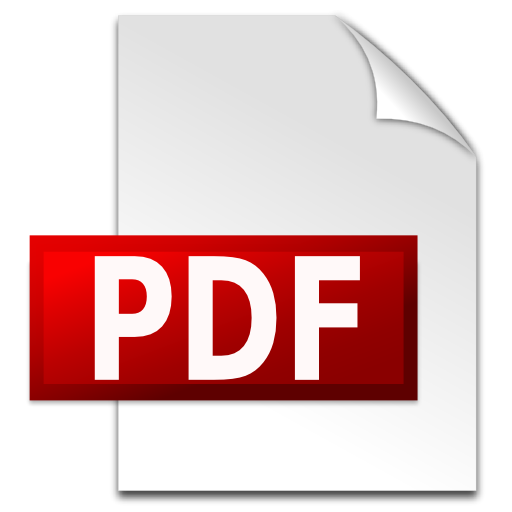An Adaptive Approach for Subjective Answer Evaluation
EOI: 10.11242/viva-tech.01.02.10
Citation
Vishal Bhonsle, Priya Sapkal, Dipesh Mukadam, Vinit Raut, "An Adaptive Approach for Subjective Answer Evaluation", VIVA-IJRI Volume 1, Issue 2, Article 10, pp. 1-6, 2019. Published by Computer Engineering Department, VIVA Institute of Technology, Virar, India.
Abstract
In current academic environment, assignments and home works are very necessary so that students can increase their final grades. This assignments and home works are checked manually by teachers, due to this it consumes lots of time and efforts. Due to manual checking sometimes human error may occur which may affect to student’s grades. Students may misplace their hard copies of assignments because of this they have to rewrite it again. In order to overcome these problems, the proposed system will convert the manual work to digital, in which student will submit their assignments to the system and the system will generate and assign appropriate grades. In the proposed system, by using K Nearest Neighbor Algorithm, it will collect keywords check for the similarity and will generate similarity score. It will also check the relation of the keyword with respect to sentence. To comparing the keywords with synonyms and similar meaning words Semantic Similarity Measure algorithm will be used. After getting the similarity score the grades are assigned accordingly.
Keywords
data mining, duplication, grading system, KNN, semantics, subjective evaluation.
References
- R. Sutoyo, I. Ramadhani, A.D. Ardiatma, “Detecting Documents Plagiarism using Winnowing Algorithm and K-Gram Method”, IEEE International Conference on Cybernetics and Computational Intelligence 2017.
- R. Goswami, S. Karmakar, A. Bisai, A.R. Pal, “A Knowledge based Approach for Long Answer Evaluation”, 2017 2nd IEEE International Conference On Recent Trends in Electronics Information & Communication Technology (RTEICT).
- K. Sriwanna, “Text Classification for Subjective Scoring Using K-Nearest Neighbours”, The 3rd International Conference on Digital Arts, Media and Technology (ICDAMT2018).
- K. Meena, R. Lawrance, “Semantic Similarity Based Assessment of Descriptive Type Answers”, 2016.
- P.A.A Dumal, W.K.D Shanika, S.A.D Pathinayake, T.C. Sandanayake, “Adaptive and Automated Online Assessment Evaluation System”, 2017 11th International Conference on Software, Knowledge, Information Management and Applications (SKIMA).
- Y. Zhao, Y. Qian, C. Li, “Improved KNN Text Classification Algorithm with MapReduce Implementation”, The 2017 4th International Conference on Systems and Informatics (ICSAI 2017).
- Y. Bassil, M. Alwani, “Context-sensitive Spelling Correction Using Google Web 1T 5-Gram”, LACSC - Lebanese Association for Computational Sciences, Beirut, Lebanon.
- V. Bhaire, A. Jadhav, P. Pashte, P.G. Magdum, “Spell checker”, International Journal of Scientific and Research Publications, April 2015.
- F. Ahmed, E.W. De Luca, A. Nürnberger, “Revised N-Gram based Automatic Spelling Correction Tool to Improve Retrieval Effectiveness”, 2009.
- W. Xueli'Jiang, Z. Dahai, “An Improved KNN algorithm Based on Kernel Methods and Attribute Reduction”, 2015 Fifth International Conference on Instrumentation and Measurement, Computer, Communication and Control.
- N. Gupta, P. Mathur, “Spell Checking Techniques in NLP”, International Journal of Advanced Research in Computer Science and Software Engineering, 2012.
- E.M.B. Nagoudi, H. Cherroun, A. Alshehri, “Disguised Plagiarism Detection in Arabic Text Documents”, 2018.

